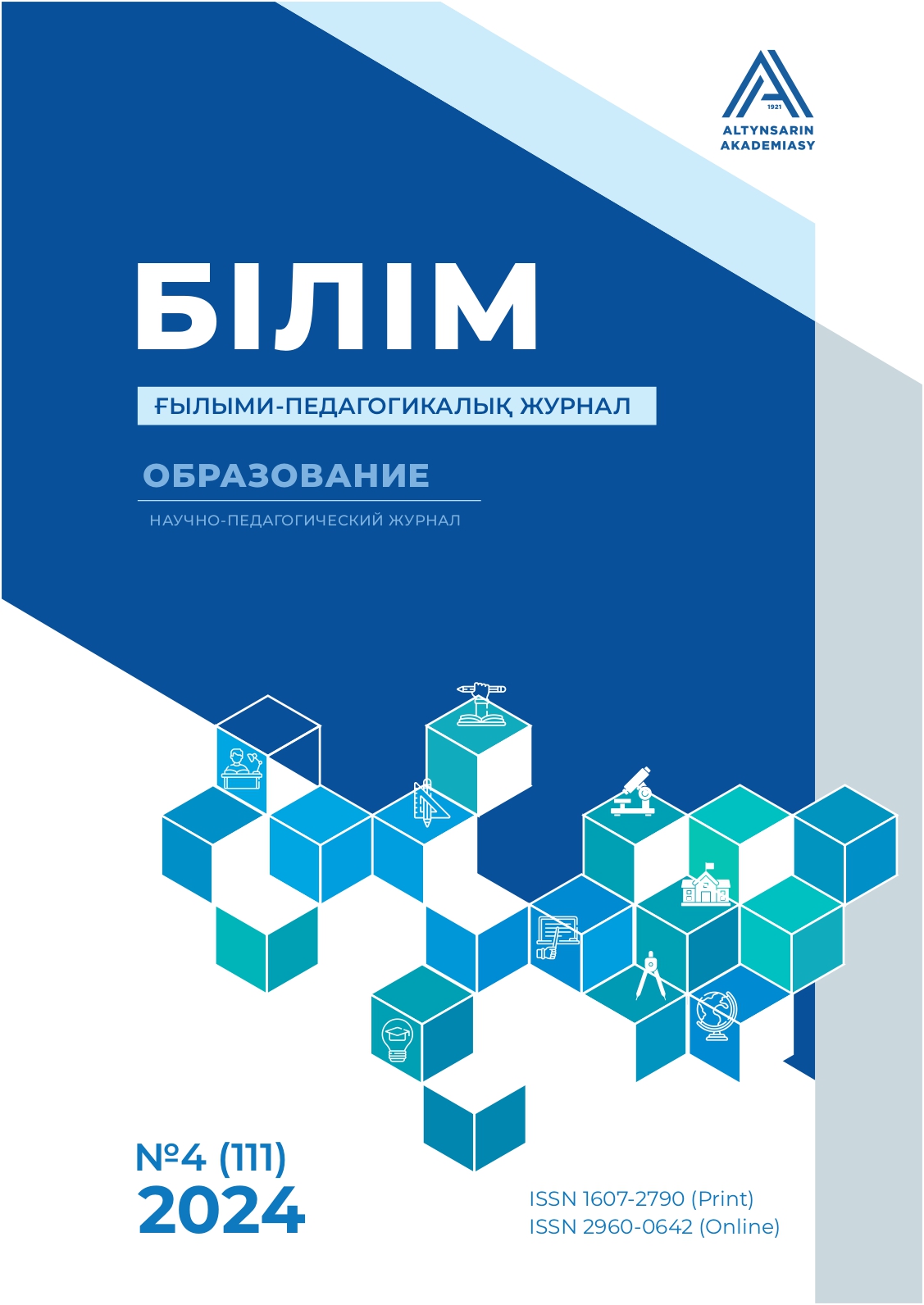Exploration of stakeholders' perceptions and understandings of media literacy: a case study of one school
DOI:
https://doi.org/10.59941/2960-0642-2024-4-21-32Keywords:
media literacy, digital tools, critical thinking, ethical responsibility, EFL teachers, institutional ethics, digital literacyAbstract
This study examines the perceptions and understandings of media literacy among key stakeholders in a Kazakhstani school, focusing on EFL (English as a Foreign Language) teachers and the school principal. The case study school, Talap, a selective, publicly-funded boarding institution in southern Kazakhstan, educates 305 gifted students with a curriculum aligned to both international standards and the State Standard of the Republic of Kazakhstan. Through semi-structured interviews with the principal and focus group discussions with teachers, the research explores how digital tools are used to foster critical media evaluation and enhance learning. While teachers primarily perceive media literacy as a means to promote critical thinking and student engagement in the classroom, the principal approaches it from an institutional and ethical perspective, pointing out professional conduct and the school's reputation. This distinction reflects the differing priorities between teaching practice and institutional management. Challenges identified include distinguishing between reliable and unreliable information. The findings contribute to the growing discourse on media literacy integration in educational settings, offering strategies for improving both pedagogy and ethical standards in the context of digital learning.
 ҚАЗ
ҚАЗ РУС
РУС ENG
ENG
